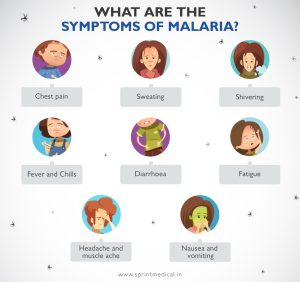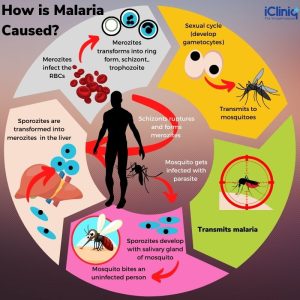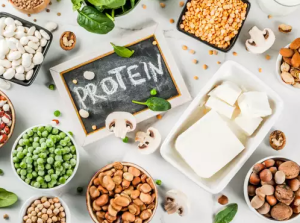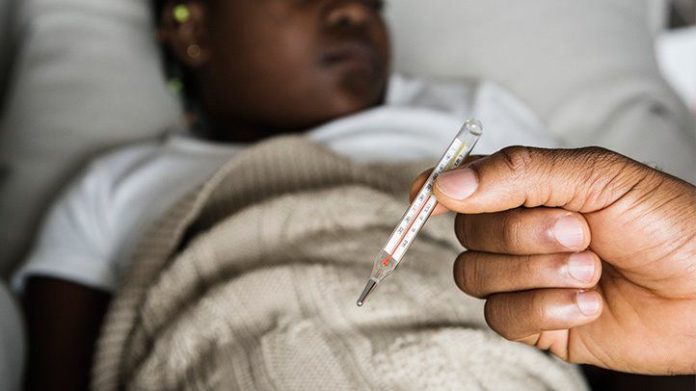Malaria is a life-threatening disease spread to humans by some types of mosquitoes, according to the World Health Organisation. It is preventable and curable.
The infection is caused by a parasite and does not spread from person to person, but it is preventable and curable.
Symptoms can be mild or life-threatening. Mild symptoms are fever, chills, and headache while the severe symptoms include fatigue, confusion, seizures, and difficulty breathing.
 Infants, children under five years, pregnant women, travellers, and people with HIV or AIDS are at higher risk of severe infection.
Infants, children under five years, pregnant women, travellers, and people with HIV or AIDS are at higher risk of severe infection.
Malaria can be prevented by avoiding mosquito bites and with medicines. Treatments can stop mild cases from getting worse.
However, experts advise that individuals treating malaria should avoid fruits and food containing vitamin C or oranges while treating malaria.
A study published in the Indian Journal of Medical Research showed that Vitamin C may have additional detrimental effects on malaria.
The study led by Prof Neelam Marwaha of the Department of Transfusion Medicine Postgraduate Institute of Medical Education & Research, Chandigarh, India, was titled, “Ascorbic acid co-administration with artemisinin-based combination therapies in falciparum malaria.”
 The study noted, “Results from an experimental study have shown that concurrent administration of artemether and ascorbic acid compromised the rates of parasite clearance in P. berghei malaria infection in mice.
The study noted, “Results from an experimental study have shown that concurrent administration of artemether and ascorbic acid compromised the rates of parasite clearance in P. berghei malaria infection in mice.
“This effect was more pronounced at higher doses of ascorbic acid. The high doses of vitamin C by itself could inhibit growth of malarial parasite to some extent.”
Also, a public health expert, Dr. Chinonso Egemba, popularly known as Aproko Doctor, on social media said the consumption of fruit or food rich in vitamin C while treating malaria negates the effect of antimalarial drugs.
In a post on his Instagram page @aproko_doctor, Dr Egemba explained that when an individual is treating malaria and then consumes anything with vitamin C, it is like taking three steps forward and two steps backward.
He said, “When you are treating malaria with drugs known as ACT drugs, they create an environment for the malaria parasite to not survive, in other words, they poison the environment, the malaria parasite gets into the environment and they die.
“When you bring in vitamin C from the oranges and pineapples, you are cancelling the effect of the ACT drugs the individual is taking.
“Until the person finishes the antimalarial medication, please do not give any vitamin C.”

Preventing malaria
The global health body said malaria can be prevented by avoiding mosquito bites and by taking medicines.
“Talk to a doctor about taking medicines such as chemoprophylaxis before travelling to areas where malaria is common,” it said.
It also advised lowering the risk of getting malaria by avoiding mosquito bites:
- Use mosquito nets when sleeping in places where malaria is present
- Use mosquito repellents (containing DEET, IR3535, or Icaridin) after dusk
- Use coils and vaporizers.
- Wear protective clothing.
- Use window screens.


